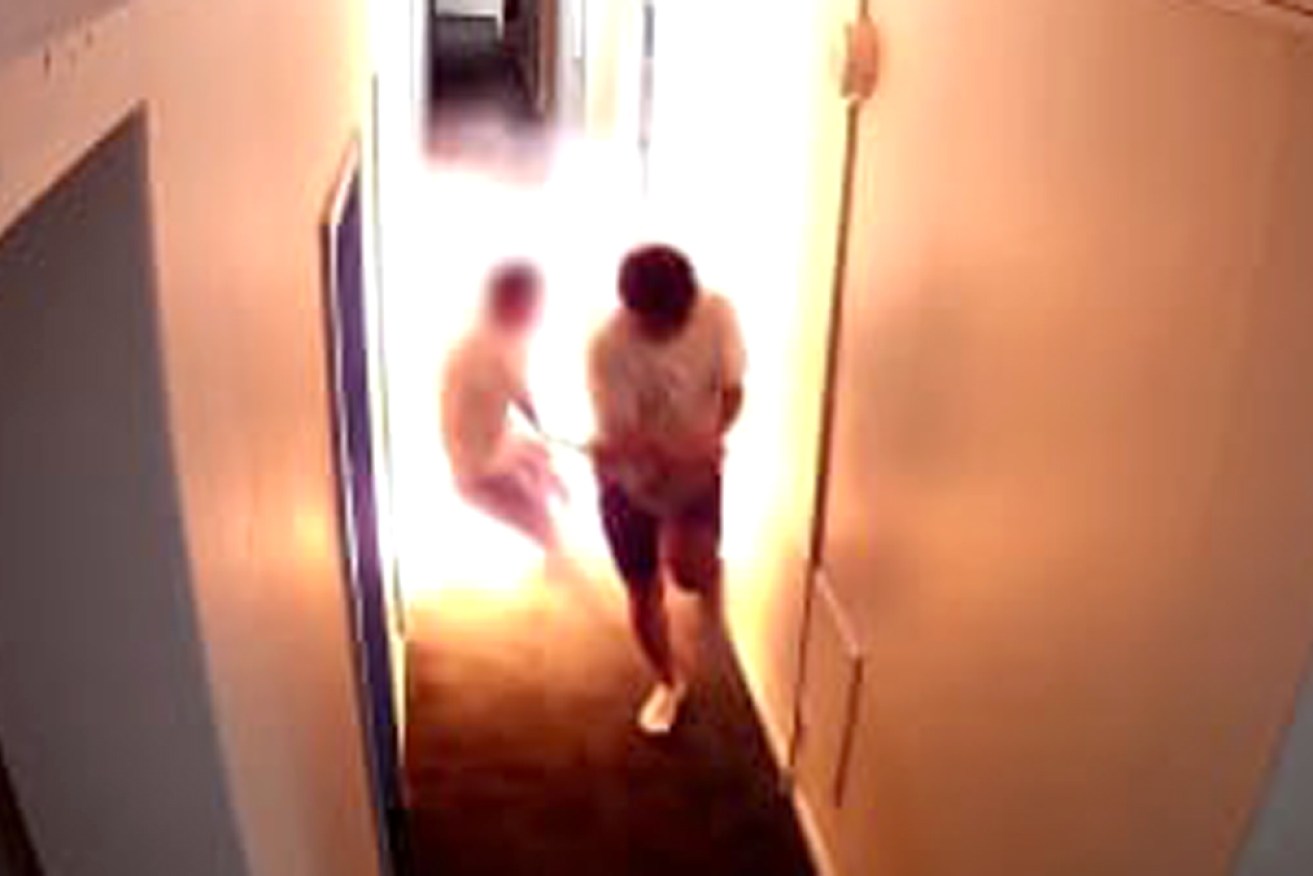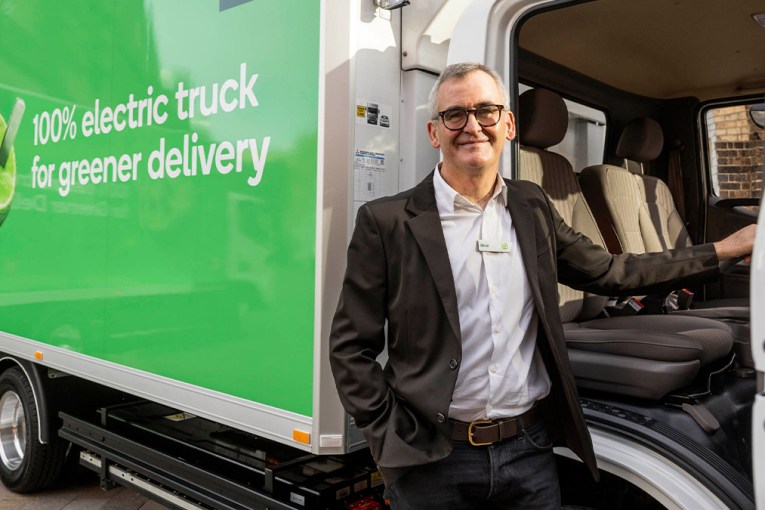Australians urged to be battery safe as reports of lithium-ion fires increase


Two backpackers were lucky to escape when a faulty e-bike battery ignited this blaze in a Sydney hostel. Photo: FRNSW
Australians have been urged to check the safety of their devices after a spike in lithium-ion battery fires, with the consumer watchdog fearing serious injuries.
The warning follows dangerous blazes in Sydney this week, including on Wednesday where two backpackers escaped a fireball in a Darlinghurst hostel, believed to have been sparked by a faulty ebike battery.
In a report on Friday, the Australian Consumer and Competition Commission said such fires occurred only rarely. But they nevertheless posed a serious fire risk for users of most mobile phones, laptops, tablets, e-scooters, e-bikes and power tools.
ACCC deputy chair Catriona Lowe said consumers should avoid mixing chargers, and should unplug devices when they’re fully charged.
“Charge batteries in a cool, dry place and away from combustible materials like beds, lounges or carpet,” she said on Friday.
“Check your lithium-ion batteries for overheating signs of swelling, leaking or venting gas and immediately stop using your product if these signs are present.”
The ACCC found there had been 231 product safety reports relating to lithium-ion batteries in the past five years, and 23 recalls for 89,000 products.
Dramatic security footage from Wednesday’s incident showed guests at the two-storey Mad Monkey Downtown Backpackers standing in their doorway as an explosive fireball suddenly erupted.
Fire and Rescue NSW had to send six trucks and 22 firefighters to the two-storey location in the aftermath. One man was taken to hospital with minor burns, and 70 people were evacuated from the building.
“All of a sudden smoke started to get into the room. It was, like, a really stinky smell, really bad smell,” one hostel guest who fled the fire said.
On Thursday, Fire and Rescue NSW was called to another lithium battery fire, this time in Punchbowl. It was extinguished by crews in breathing apparatus.
Lowe said the ACCC was concerned about “increasing reports” of lithium-ion battery fires that have led to property damage or injuries, including burns.
But because such technology is integral to the energy transition towards net zero, such incidents are likely to keep rising unless consumers understand the risks.
“Managing lithium-ion battery safety is complex, and government, industry and consumers must tackle the challenge together,” Lowe said.
The ACCC estimates that by 2026 households will have an average of 33 devices powered by lithium-ion batteries.
The ACCC said batteries were more likely to catch fire when exposed to heat, moisture, or crushed – making them particularly dangerous to throw away.
Source: Fire and Rescue NSW
ACCC advice about lithium batteries
The ACCC has issued new advice to consumers for charging lithium-ion batteries:
- Monitor charging times and disconnect devices once they’re charged;
- Keep batteries out of garbage and recycling bins, as well as hard waste collections;
- Charge devices away from materials that are combustible, such as beds, sofas or carpet;
- Store devices in cool, dry places and out of direct view of sunlight;
- Don’t use batteries, products or chargers that overheat or show signs of failure;
- Check that your charger is suitable for the device or other product you are charging; and
- Let devices cool down before using them after charging.
Supplier recalls in spotlight
The ACCC has also put suppliers on notice, saying on Friday it expected them to recall, replace and refund products that posed “unacceptable safety risks”.
It has also said state and territory governments legislated “harmonised” regulations that made the requirements for testing, labelling, transporting and storing lithium-ion batteries more consistent nationwide.
“Some state and territory electrical safety regulators don’t have the power to regulate extra low voltage products, many of which contain lithium-ion batteries,” Ms Lowe said.








